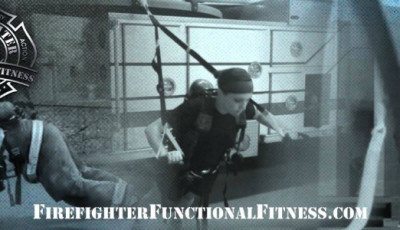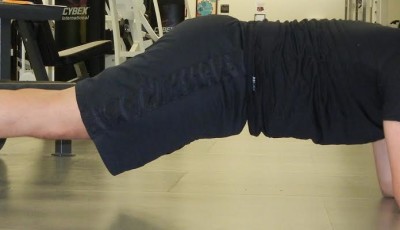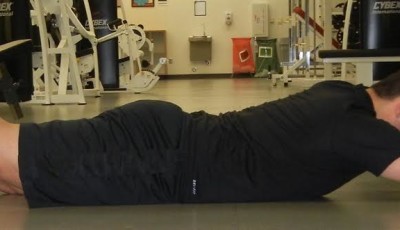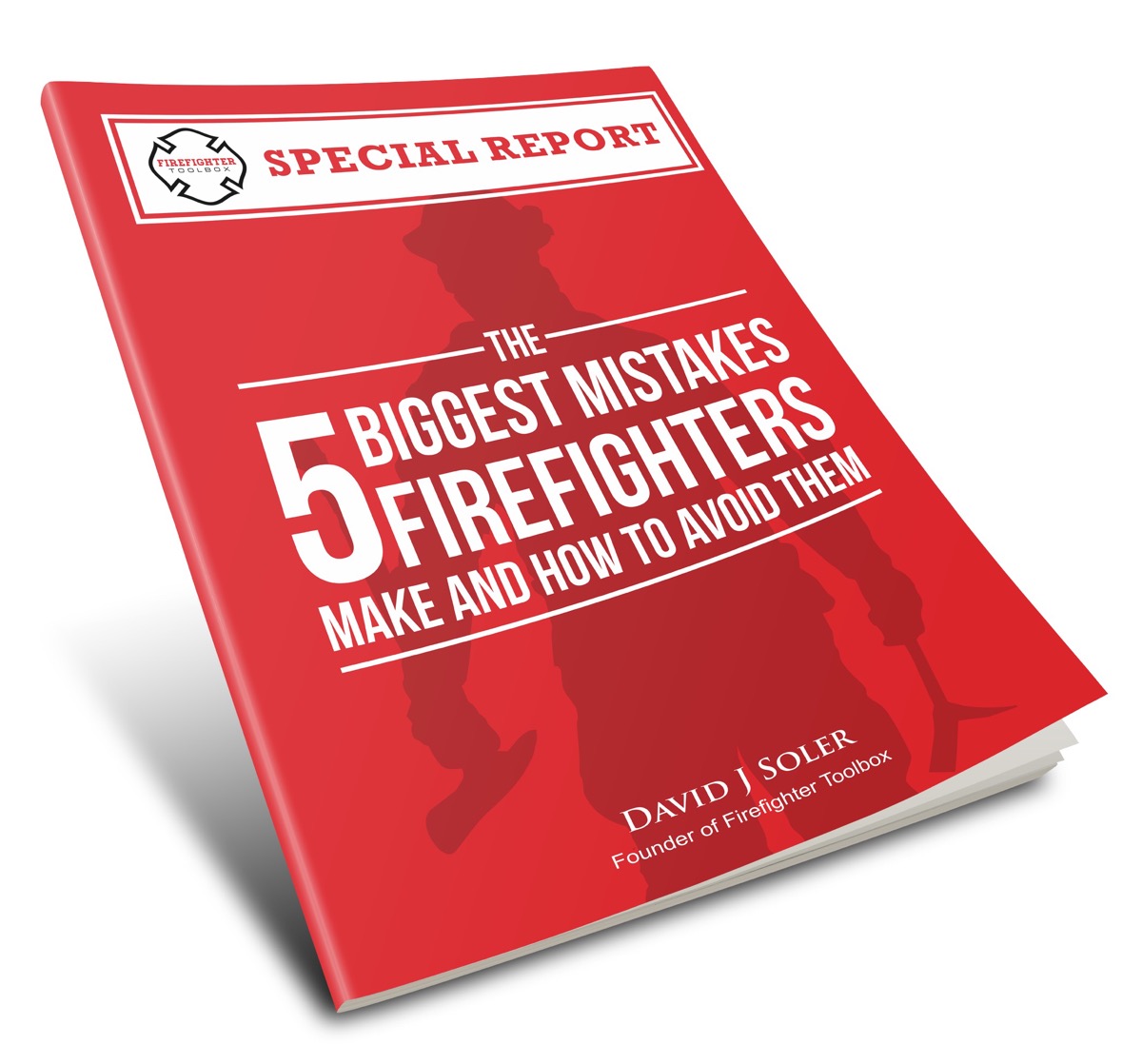5 Crucial Ways To Avoid a Cardiac Event for Firefighters- Part 6
In this series I’m explaining the 5 most important things firefighters must do to avoid suffering a fatal cardiac event, because heart attack is still the leading cause of death in the fire service and these events are completely preventable. To start from the beginning click here.
Exercise
The single most effective thing firefighters can do to avoid suffering a fatal cardiac event is to exercise. Being inactive/having low aerobic fitness is a major risk factor for heart disease and thus heart attack. As I discussed earlier, data shows that almost all firefighters who die of cardiac related death on duty possess one or more of the risk factors for heart disease.
Exercise Is Not Just For Calorie Burn.
For each risk factor you have, your risk increases. The amazing thing about exercise is that it can eradicate every other risk factor (except smoking). Here’s how:
Hypertension increases firefighters’ risk of experiencing a heart attack 12 times. Exercise decreases blood pressure because it produces vasodilation. The drop in blood pressure post exercise can persist up to 24 hours after a workout.
High cholesterol increases firefighters’ risk of experiencing a heart attack 4.4 times. Exercise improves cholesterol by raising HDL. Your HDL is your “good cholesterol” that goes through the arteries and removes the bad cholesterol.
Having type II diabetes increases firefighters’ risk of experiencing a heart attack 10.2 times. Exercise improves insulin sensitivity which is the exact same thing that diabetes medication does.
Being obese increases firefighters’ risk of experiencing a heart attack by 2.2 times. The above benefits of exercise are completely independent of your size (overweight people experience these benefits too), and will occur even in the absence of weight loss. However, more exercise usually results in weight loss. Weight loss also reduces blood pressure, LDL/total cholesterol and risk of developing diabetes so losing weight via exercise is a double whammy against these conditions.
Exercise Builds Aerobic Capacity
Most importantly, exercise increases your cardiovascular fitness or your “aerobic capacity.” Firefighters are 64 times more likely to experience cardiac events during or as result of a physically demanding task; that’s why most occur during fire suppression. Having low aerobic fitness means you don’t have much capacity to perform strenuous and stressful work without over-exerting your cardiovascular system. Your aerobic capacity is to safely completing a task, as money is to buying something; you have to have enough in your bank.
When it comes to heart health, exercise is the magic pill.











